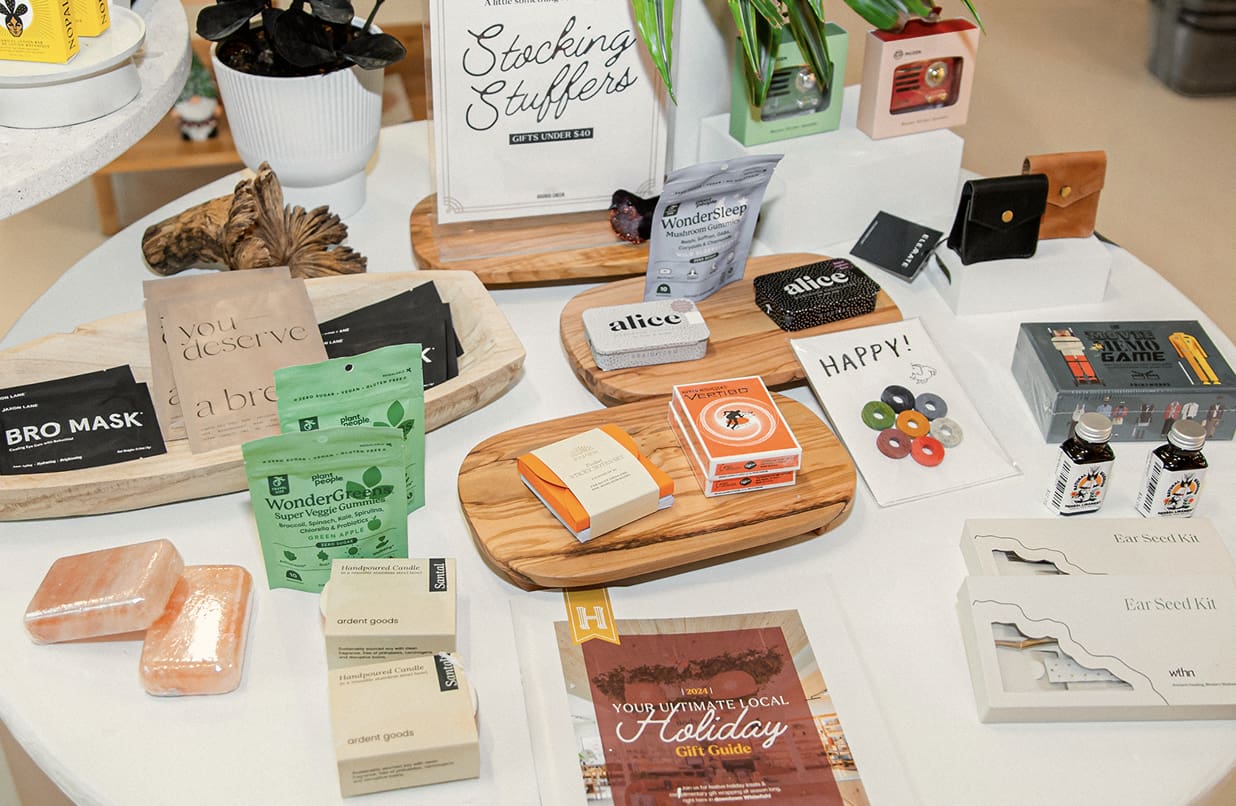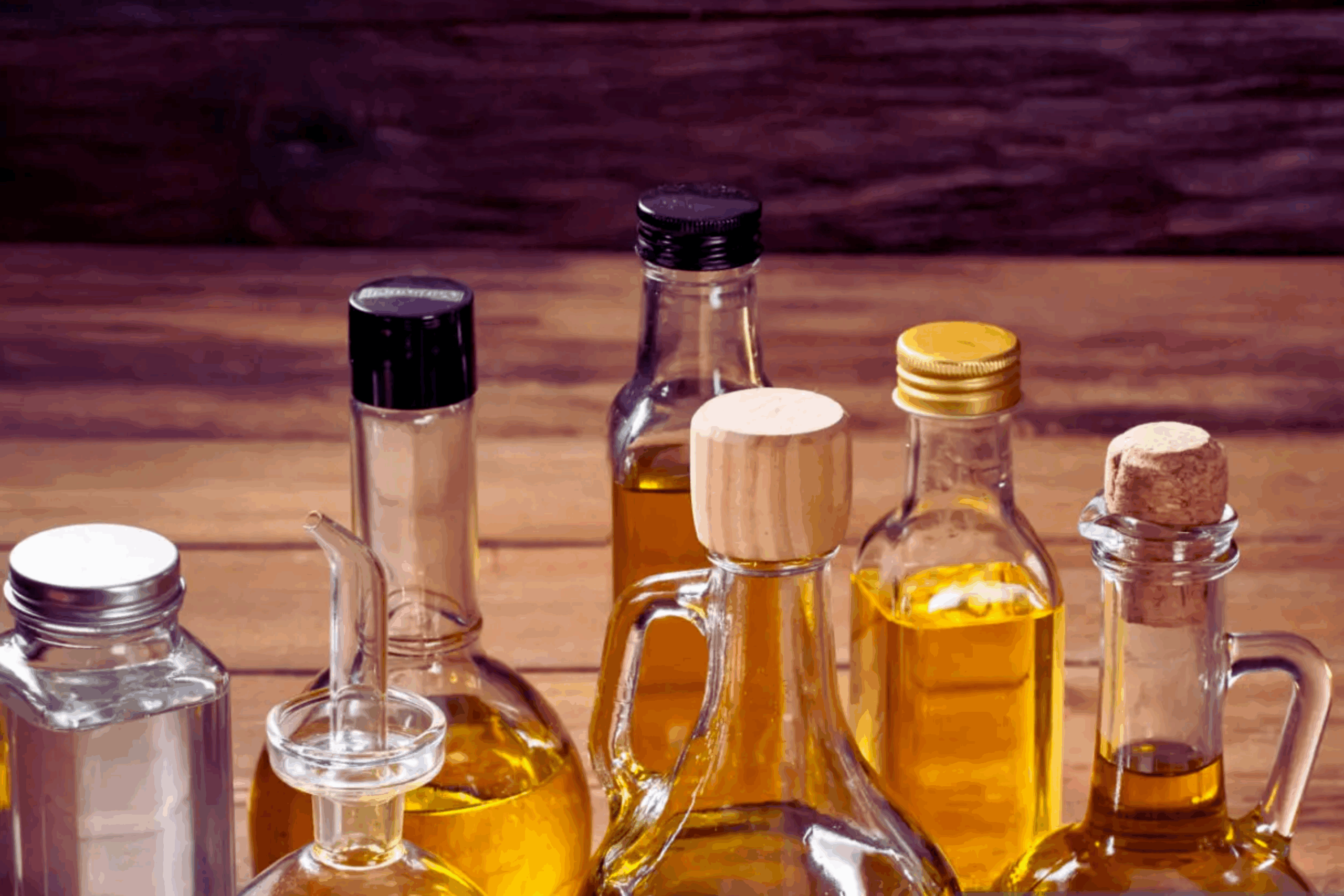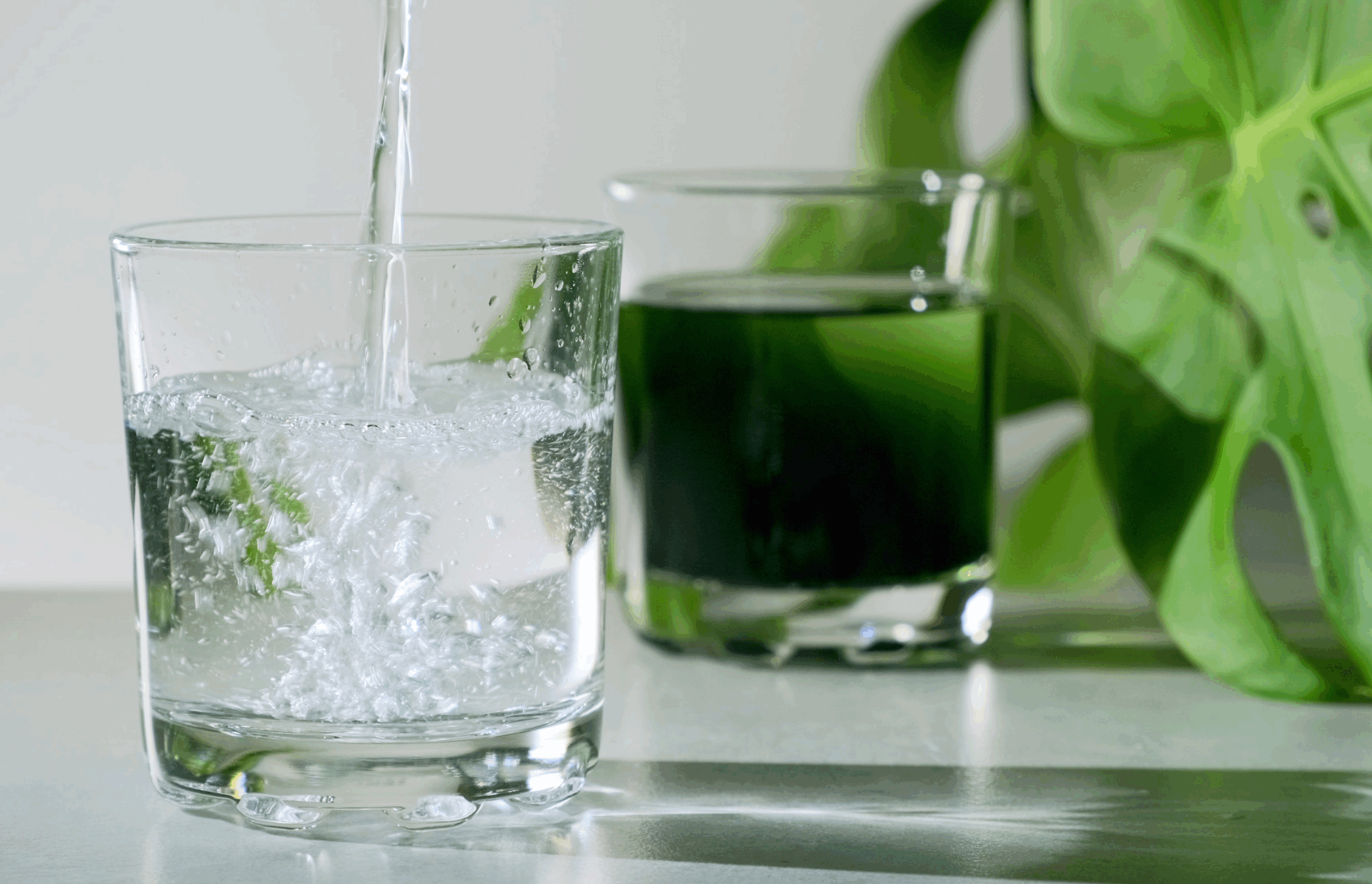Seed oils — the so-called “hateful eight” that get slammed on podcasts and social media feeds — have become public enemy number one in some corners of the wellness world. If you’ve heard that seed oils are “toxic,” “inflammatory,” or “destroying your health,” you’re not alone.
But is the problem really the seed oils themselves? Or is it the way they show up in our modern food system?
At Haskill Creek, we like to cut through the fearmongering. So let’s get right to what we found in our research and discuss what the issues really are.
What Are Seed Oils, Anyway?
Seed oils — like canola, soybean, sunflower, safflower, corn, and grapeseed — are vegetable oils made by extracting oil from seeds rather than fruit (like olive or avocado oils). They’re rich in unsaturated fats, especially omega-6 fatty acids, which your body needs but cannot make on its own. 🔗
You’ll often see them listed as “vegetable oil” on ingredient labels. They’re everywhere because they’re affordable, have a high smoke point for frying, and a neutral flavor that works in everything from salad dressings to roasted vegetables.
The Omega-6 Confusion
So why the controversy? It’s mostly about omega-6 fatty acids.
Omega-6s, like linoleic acid, are essential for health — they help build cell membranes, support brain function, and play a role in managing inflammation. But here’s where things get twisted: some people argue that omega-6s cause inflammation.
Technically, omega-6s can be turned into arachidonic acid, a building block for inflammatory compounds. But only about 0.2% of dietary linoleic acid actually converts to these compounds — and your body uses arachidonic acid to resolve inflammation, too, not just to create it.
In other words, omega-6s are part of the healing process, not the enemy.
One additional note: lab studies have found that an aggressive breast cancer subtype (triple-negative) may use omega-6 fats as fuel, but large human studies haven’t shown that eating omega-6 increases cancer risk overall. These fats are still considered essential and beneficial in a balanced diet. 🔗
If you’d like to dig deeper into how omega-3s and omega-6s work together, you might also check out our Essential Fatty Acids 101 guide.
Seed Oils and Processed Foods
Here’s the part that often gets lost: seed oils by themselves aren’t the problem. It’s the processed foods they show up in.
Think deep-fried fast food, packaged snacks, and ultra-processed frozen dinners. These foods aren’t just high in seed oils — they’re overloaded with sodium, refined carbs, added sugar, and industrial additives. Of course eating tons of that will raise inflammation, blood pressure, and chronic disease risk. 🔗
If you stop eating these processed foods, you’ll feel better. But that’s not proof that seed oils alone are to blame — it’s everything else in those foods, too.
Personal note: I’m not trying to pretend I don’t eat any processed foods — far from it. But after researching all of this over the past couple of months, I’ve made a real effort to cut way back. It’s not easy. Saying “just stop eating processed foods” is simple in theory, but in practice it can feel almost impossible. Processed foods are everywhere, and often they’re the most affordable and convenient options we have.
Home Cooking? Seed Oils Are a Solid Choice
If you’re cooking at home, using organic or minimally processed seed oils — especially for high-heat cooking — is completely reasonable and healthy. In fact, decades of research (including from Stanford and Johns Hopkins) show that unsaturated fats from plant-based oils can help lower LDL (“bad”) cholesterol and reduce cardiovascular disease risk.
If you want to go the extra mile, you can also:
- Choose cold-pressed or expeller-pressed oils to avoid chemical extraction. 🔗
- Store seed oils in a cool, dark place (or even refrigerate them) to prevent them from going rancid. 🔗
- Balance your omega-6 intake by making sure you get enough omega-3s from fatty fish, walnuts, flax, or algae oil.🔗
The Bottom Line
From everything I have researched, seed oils aren’t poisonous. They aren’t inherently “bad” or “toxic.” They’re just one piece of your overall diet — and when used in a balanced, minimally processed way, they can absolutely be part of a healthy lifestyle.
If you really want to level up your health? Start with small, realistic changes. Cook at home with real ingredients a bit more often. And if you like the occasional seed oil in your stir fry or salad dressing? Go right ahead.
After all, wellness isn’t about demonizing one ingredient — it’s about keeping the whole picture in balance, and finding what works for you.

Sign up for our newsletter!
Join to get the Haskill Newsletter and be the first to learn about new products, events, and other goings-on at Haskill Creek!










